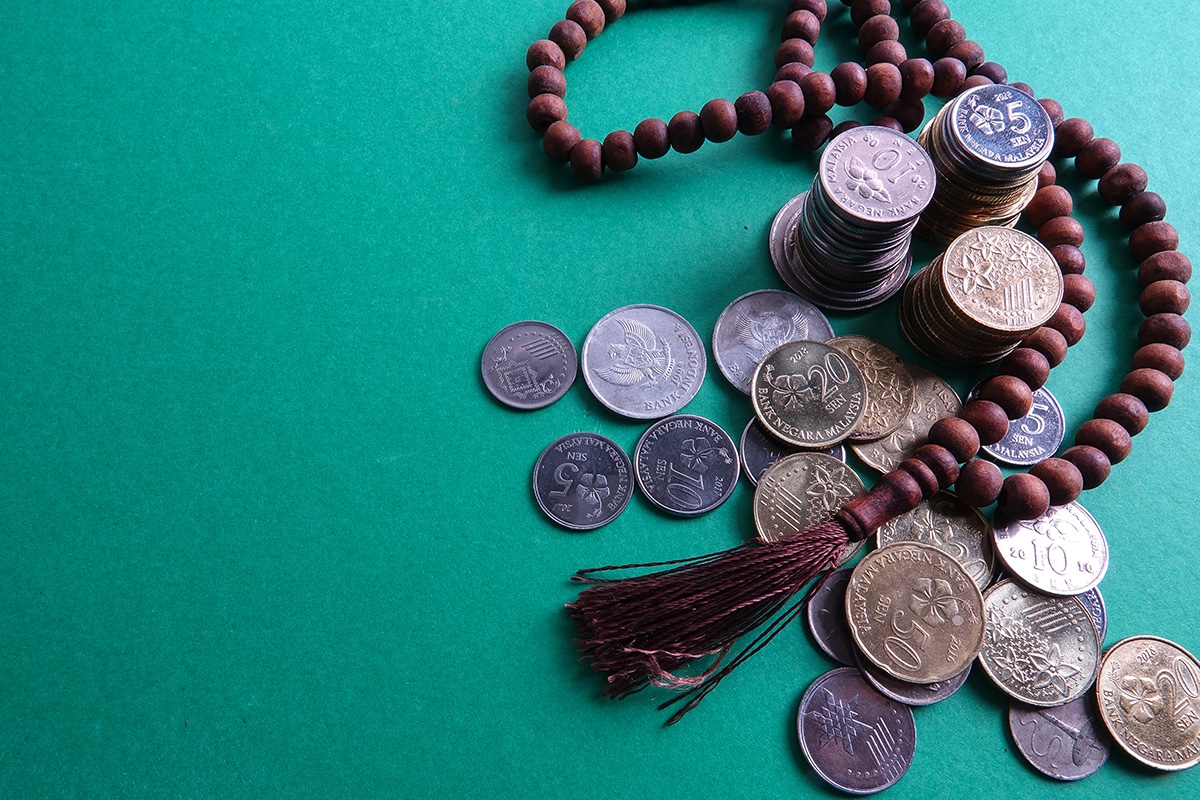UAEs Non-oil Sector Drives Islamic Finance Expansion: S&P

S&P Global Ratings expects strong growth in the UAE’s Islamic finance sector to continue over the coming period, supported by the strong performance of the non-oil economy.
According to the global rating agency, the UAE has seen significant growth in Sukuk in foreign currency issuance since the beginning of the year, with issuance activity in the real estate and financial institutions sectors, amid a drive to attract more foreign capital.
S&P said it anticipated interest rate cuts to continue until the end of 2025, fostering global issuance growth.
UAE’s robust non-oil economy
The UAE’s insurance sector, both conventional and Islamic, is projected to expand by 15 to 20 per cent, driven by economic performance and infrastructure projects, the rating agency told WAM.
The agency’s analysts said sustainable finance presents new opportunities for funding, particularly in oil-exporting nations pursuing carbon neutrality, while highlighting that the UAE is a key market for sustainable issuances in the region.
Dr. Mohamed Damak, Global Head of Islamic Finance, S&P Global Ratings, said the global Islamic finance industry is witnessing remarkable growth, with total assets reaching $3.3 trillion by the end of 2023, an increase of 8 per cent compared to the previous year.
“All sectors related to the industry have witnessed remarkable growth, especially the Islamic banking sector in the Gulf Cooperation Council (GCC),” he said.
Damak said the volume of Sukuk issuances stabilised during the first half of the year, despite challenges in some markets, with local currency issuances seeing a slight decline as a result of higher interest rates in Turkiye, which impacted the growth of the sector there.
He expected the sector to grow at a high single-digit rate through 2024 and 2025, fuelled by financing needs in key countries.
The US Federal Reserve’s anticipated 225 basis points of interest rate cuts by the end of 2025, including the 50 basis points already cut in September, will enhance market liquidity and promote increased Sukuk issuance, Damak said.
According to him, the UAE’s robust non-oil economy will bolster the growth of the Islamic banking sector, highlighting the rise in Islamic Sukuk issuance.
“At the start of the year, there was significant growth in hard currency Sukuk issuance, driven by real estate developers and financial institutions turning to the Sukuk market to attract foreign capital,” Damak said.
Rawan Oueidat, Director at S&P Global Ratings, said sustainable bond issuance, including green, social, and sustainability bonds, are expected to stabilize at approximately $1 trillion this year.
“While Europe and the Asia-Pacific are expected to remain the primary markets for sustainable bonds, the Middle East’s contribution will be limited to under 3 per cent,” Oueidat said.
Emicool Secures First-ever Green Financing To Boost Sustainable Growth
The liquidity generated will be strategically deployed to accelerate the company’s district cooling projects across t... Read more
UAEs Ruya Becomes First Global Islamic Bank To Offer Shariah-compliant Crypto Trading
Digital Islamic bank ruya teams up with Fuze to offer secure, ethical crypto investments aligned with Islamic financial... Read more
Startups In Abu Dhabis Hub71 Secured $2.17bn In Funding Last Year
Hub71 startups in Abu Dhabi saw massive increase in funding in 2024 as innovation economy thrives Read more
UAE Fintech Pay10 First To Launch On Central Banks Open Finance Framework
The company has acknowledged the Central Bank of the UAE's crucial role in facilitating a responsible and secure rollou... Read more
PayPal Expands In MEA Region With Its Newly Launched Hub In Dubai
Will serve 80 countries in Middle East and Africa from its Dubai Internet City hub; Has signed several deals with regio... Read more
New Board Certifies DMCC Tradeflow As Fully Shariah Compliant
Shariah Supervisory Board appointed to oversee Tradeflow’s Islamic finance offering; Certified fully-compliant with A... Read more

